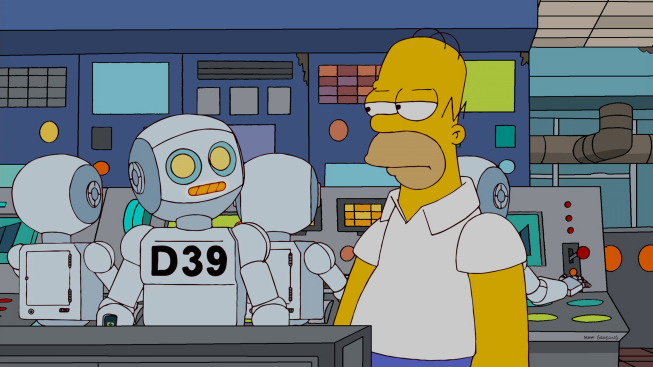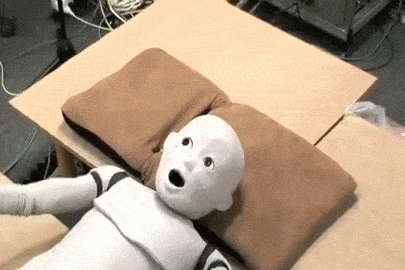The researchers—from ATR Intelligent Robotics and Communication Laboratories, Osaka University, Ryukoku University, and Tokai University, in Japan—patrolled a public shopping complex in Osaka with a remotely operated Robovie 2. Whenever somebody obstructed the robot’s path, it would politely ask the human to step aside. If the human didn’t listen, the robot moved in the opposite direction.
Over the course of the study, researchers found that children were sometimes all too eager to give the robot a hard time. Particularly when in packs and unsupervised, the youngsters would intentionally block Robovie’s way.
The tots’ behavior often escalated, and sometimes they’d get violent, hitting and kicking Robovie. They also engaged in verbal abuse, calling the robot “bad words.”
Source: http://spectrum.ieee.org/automaton/robotics/artificial-intelligence/children-beating-up-robot

